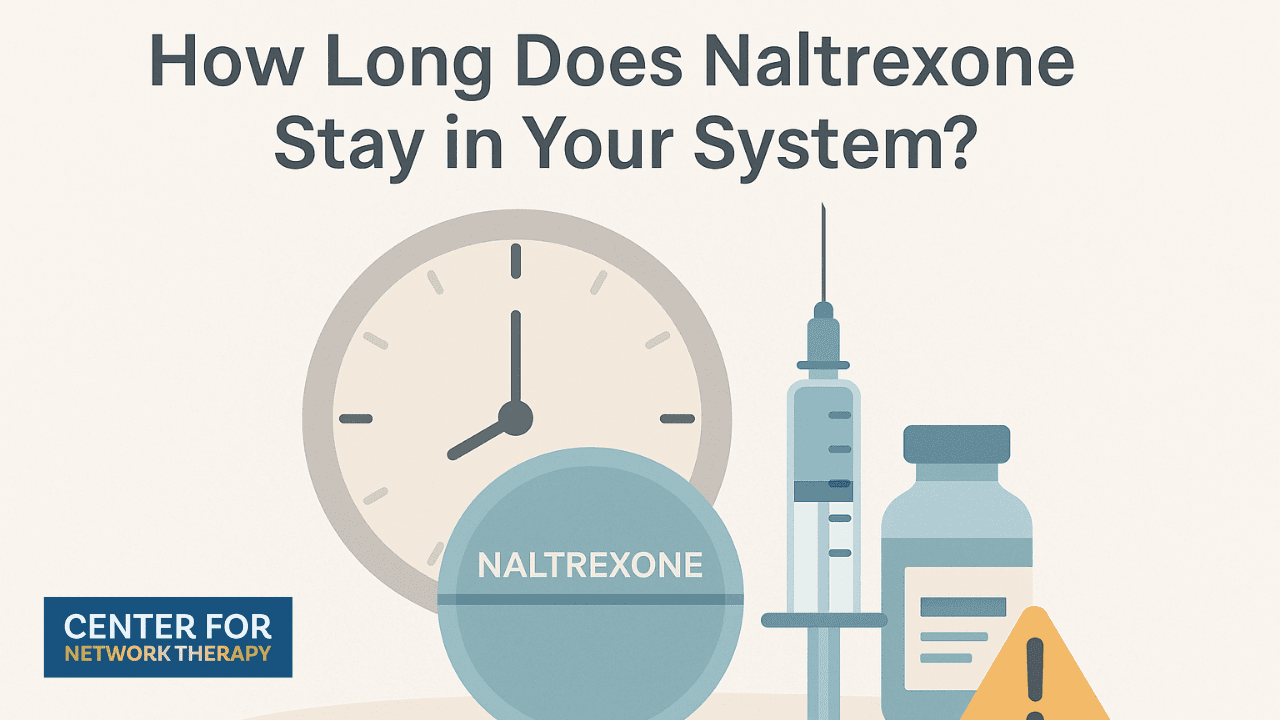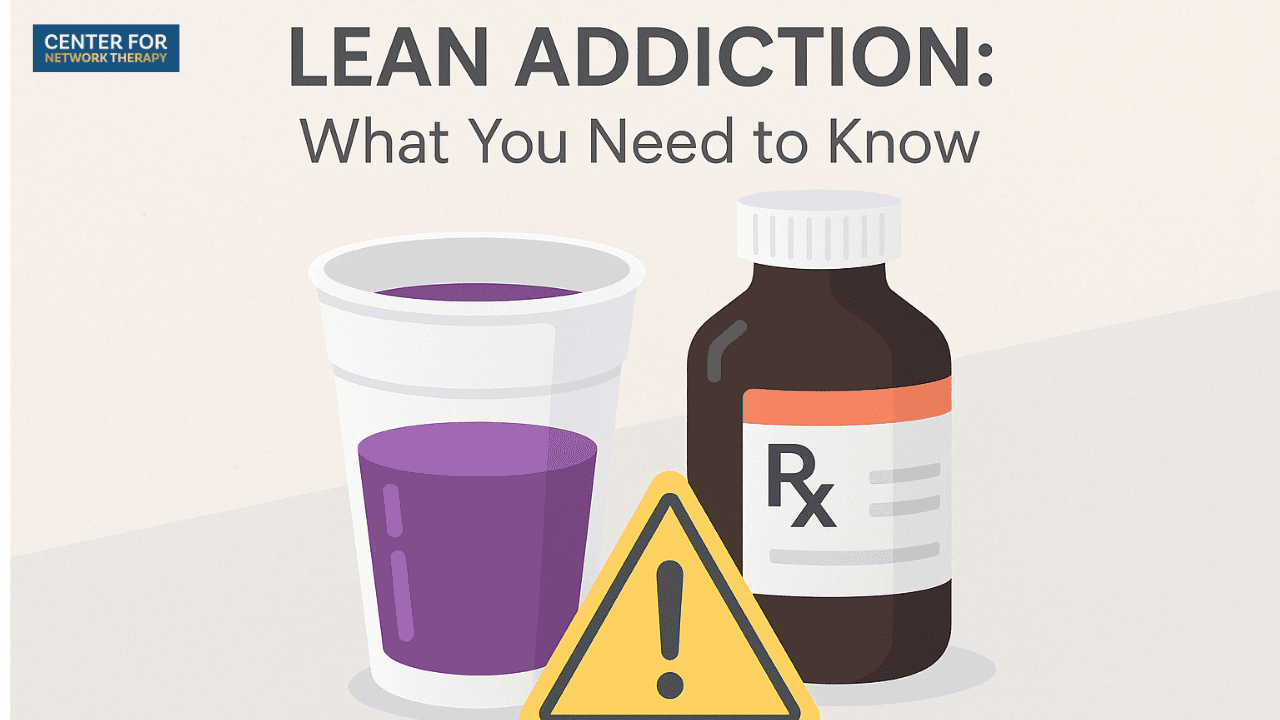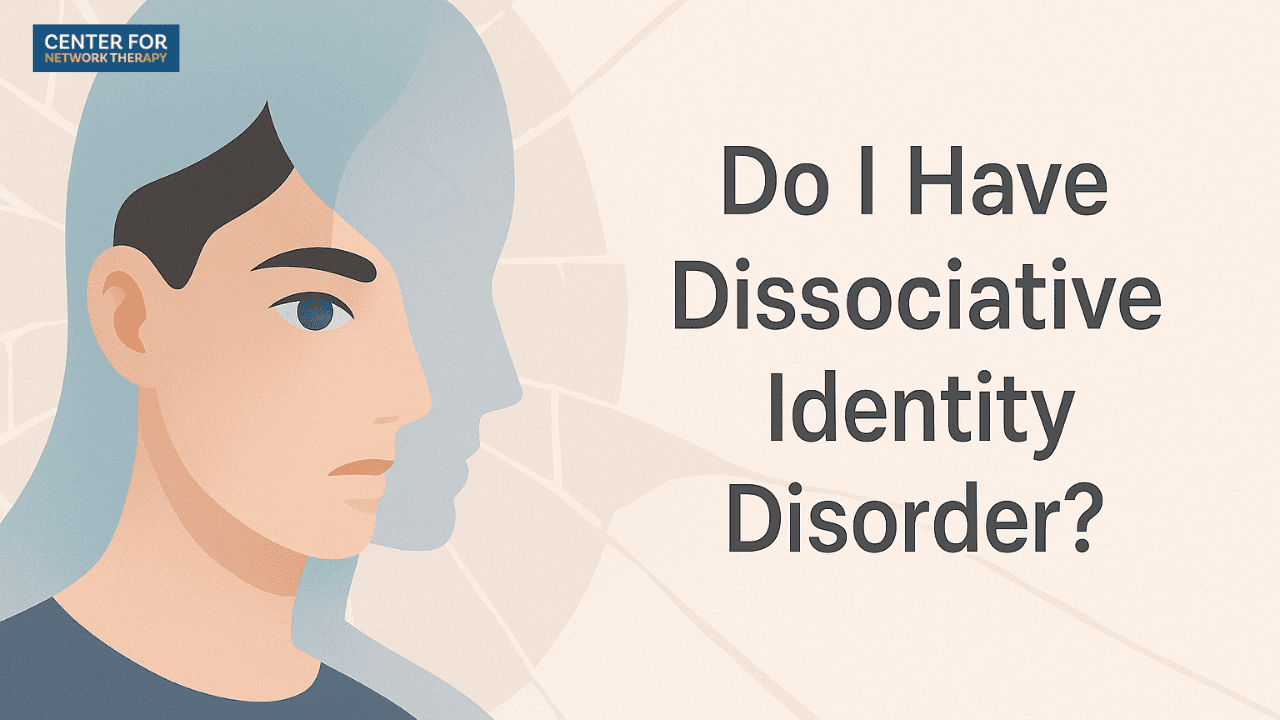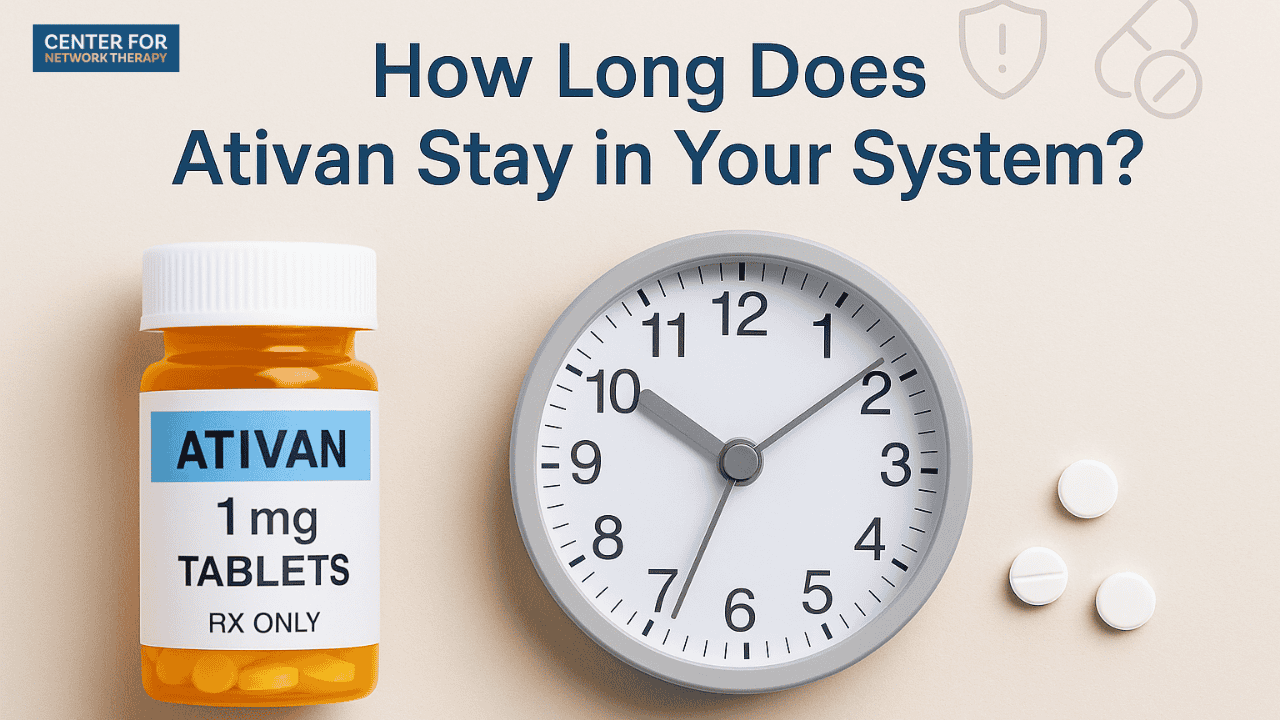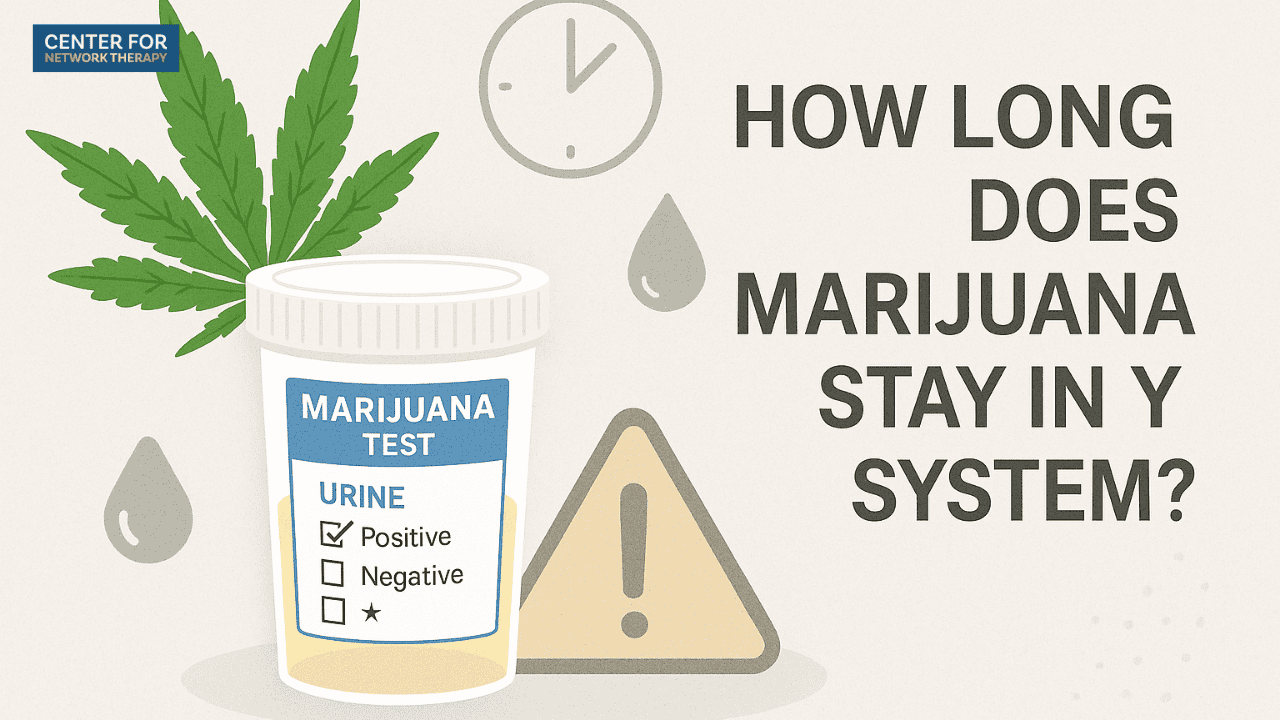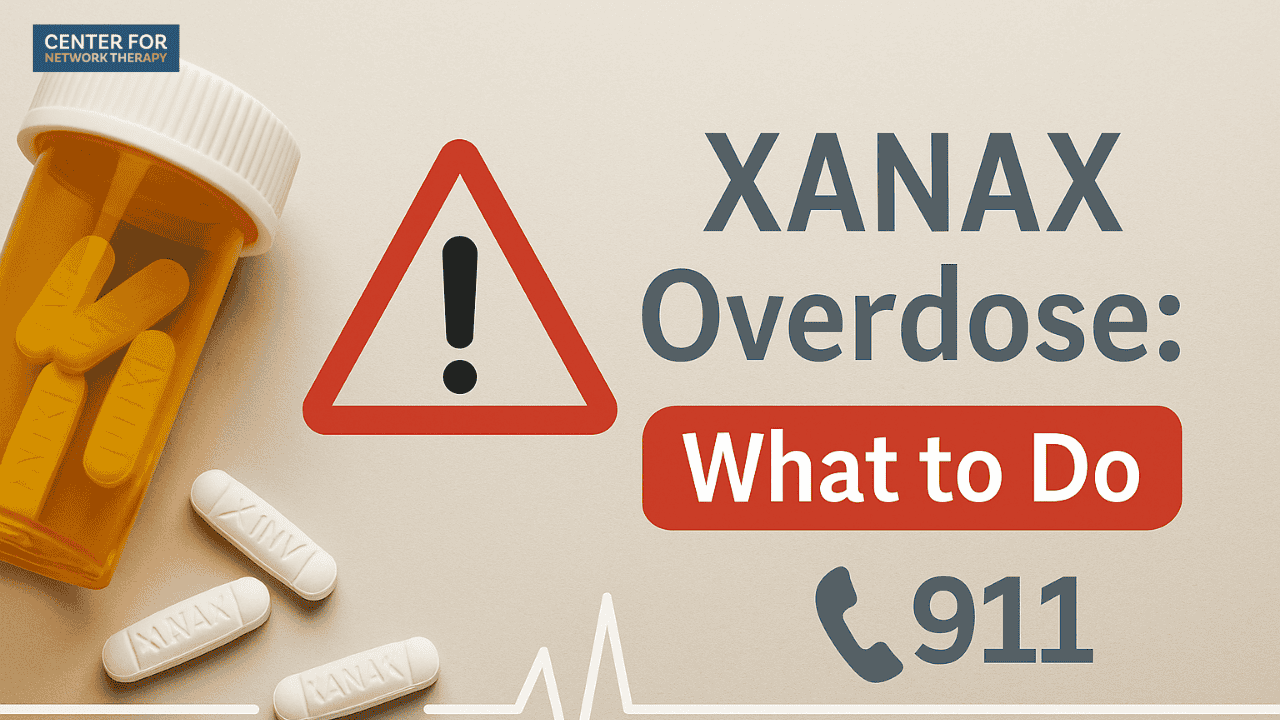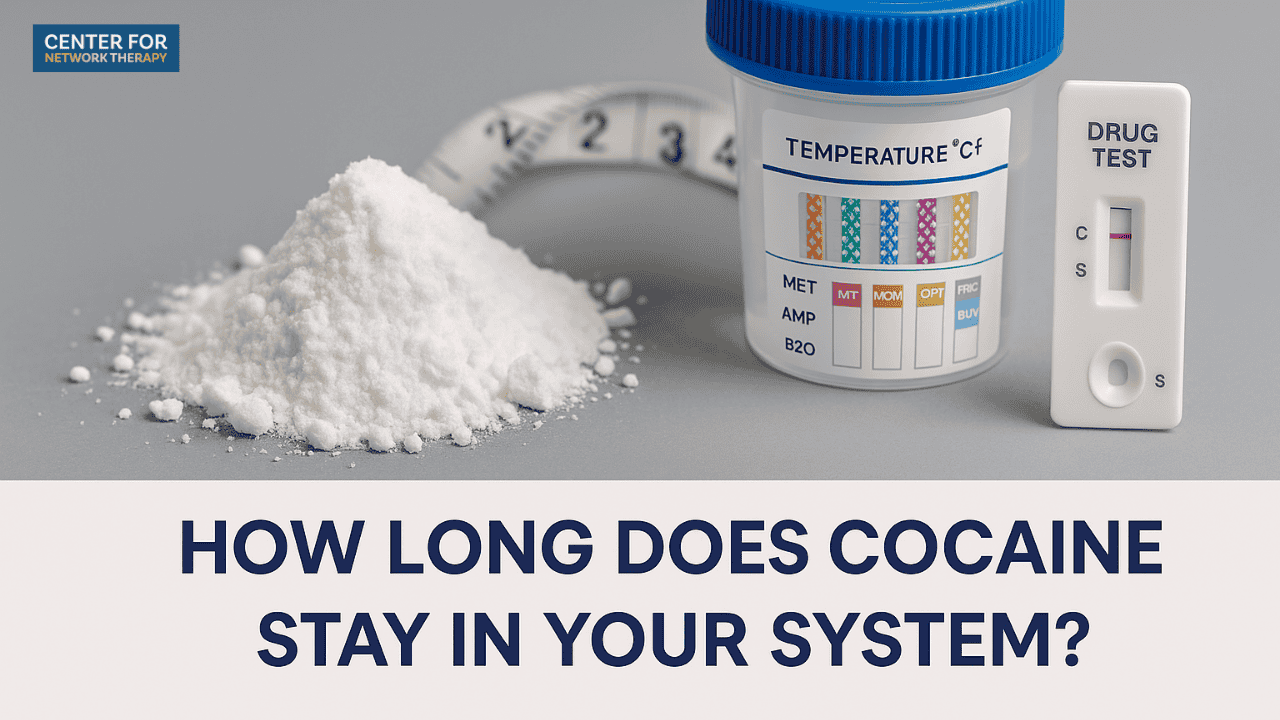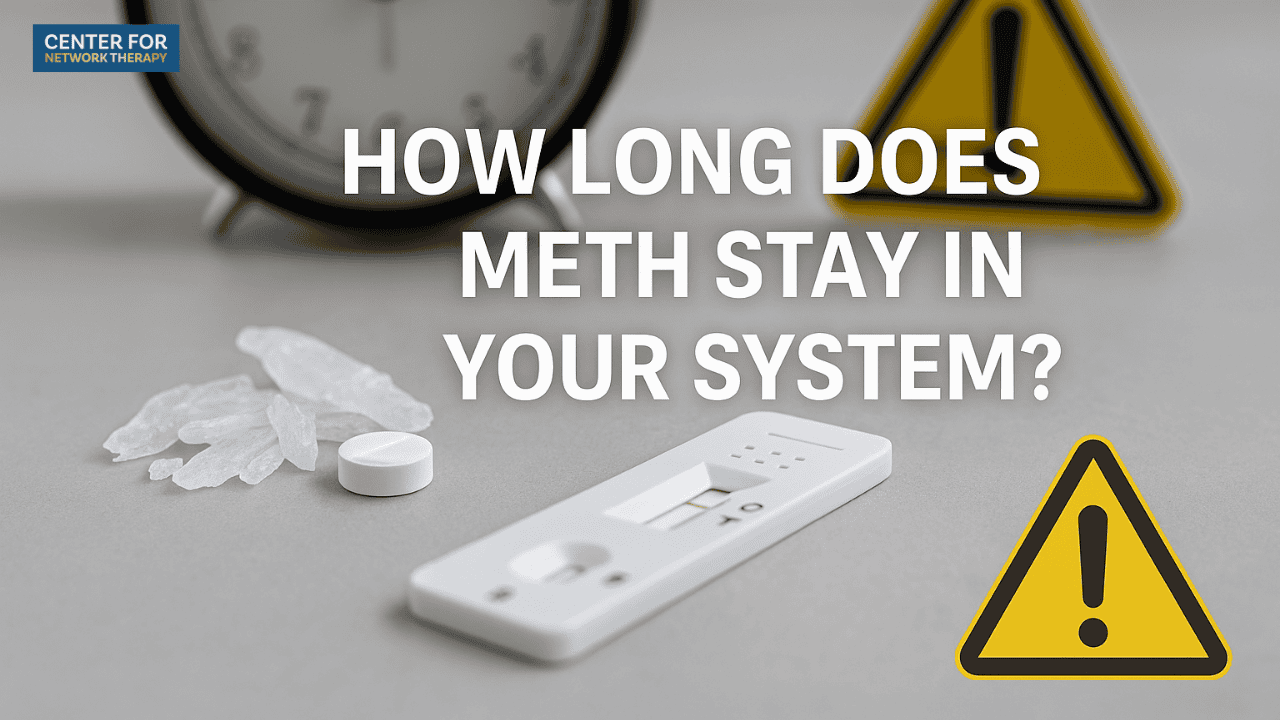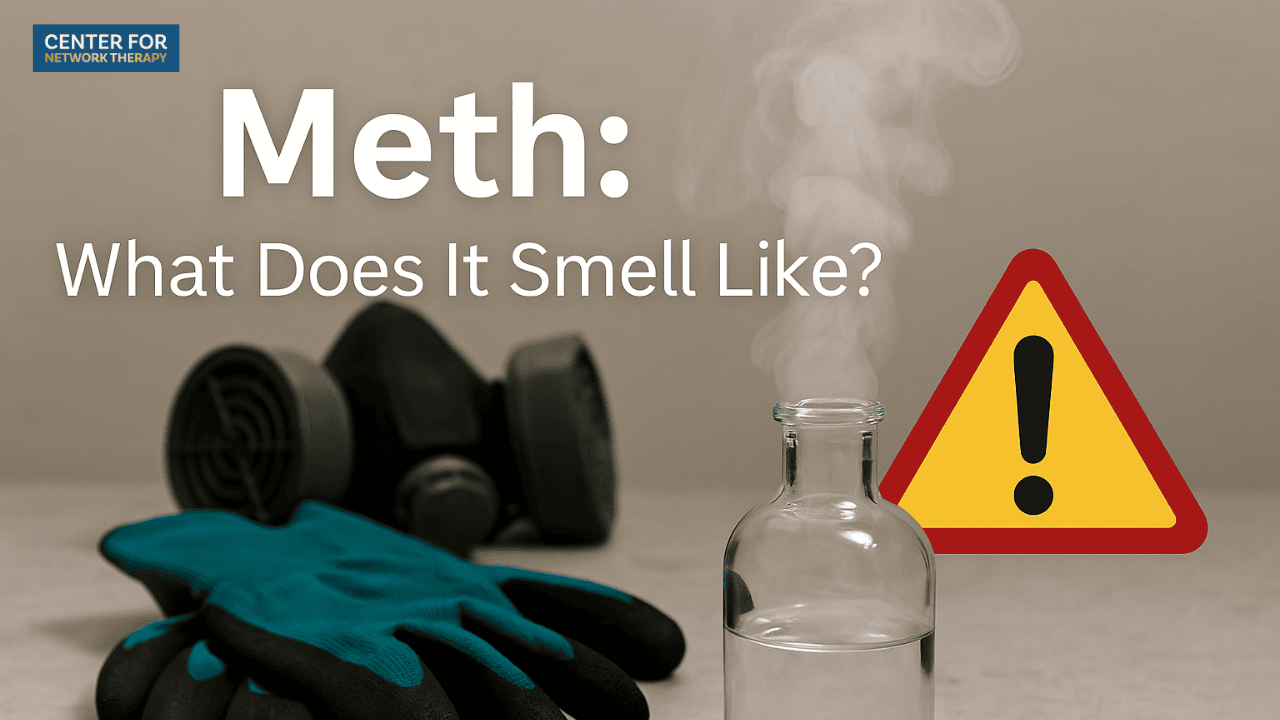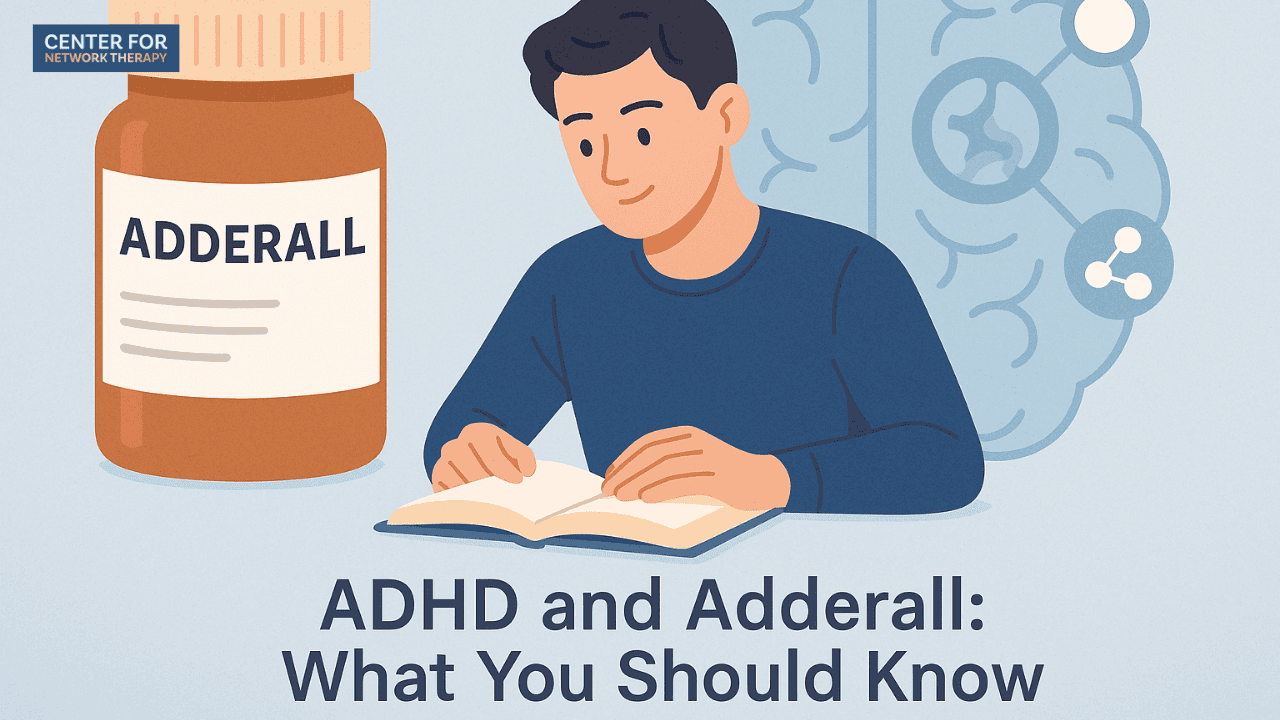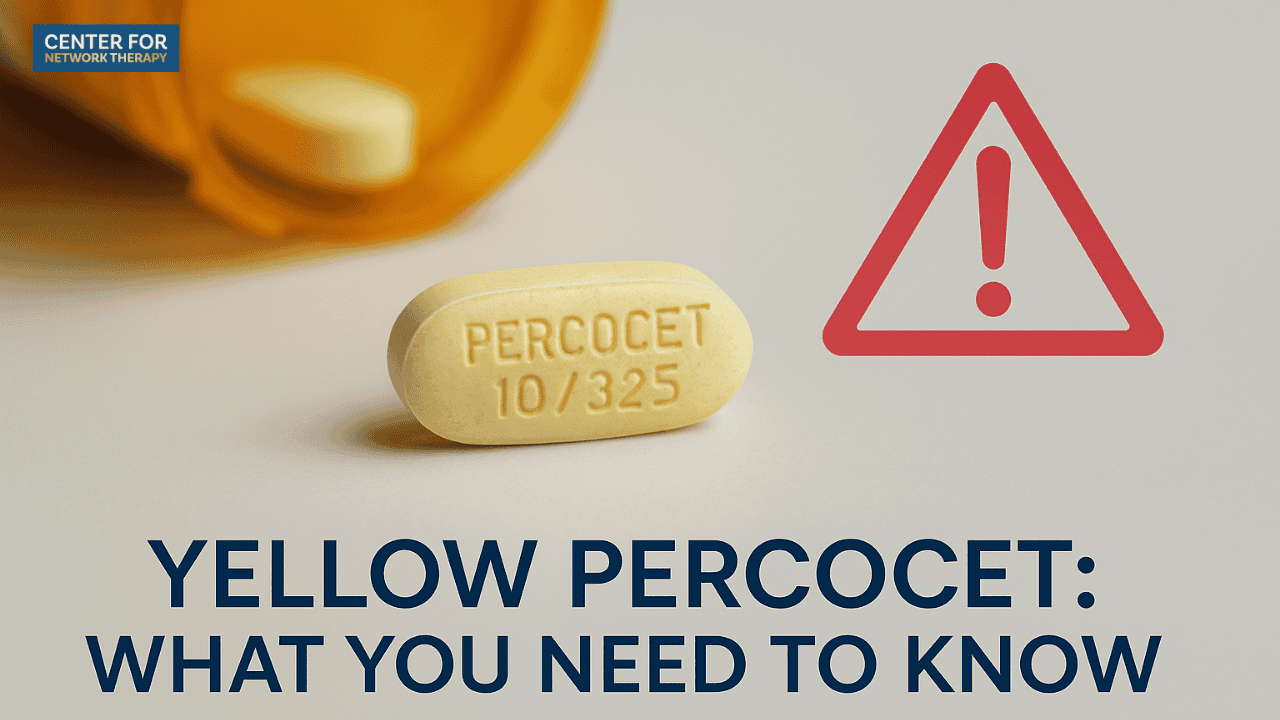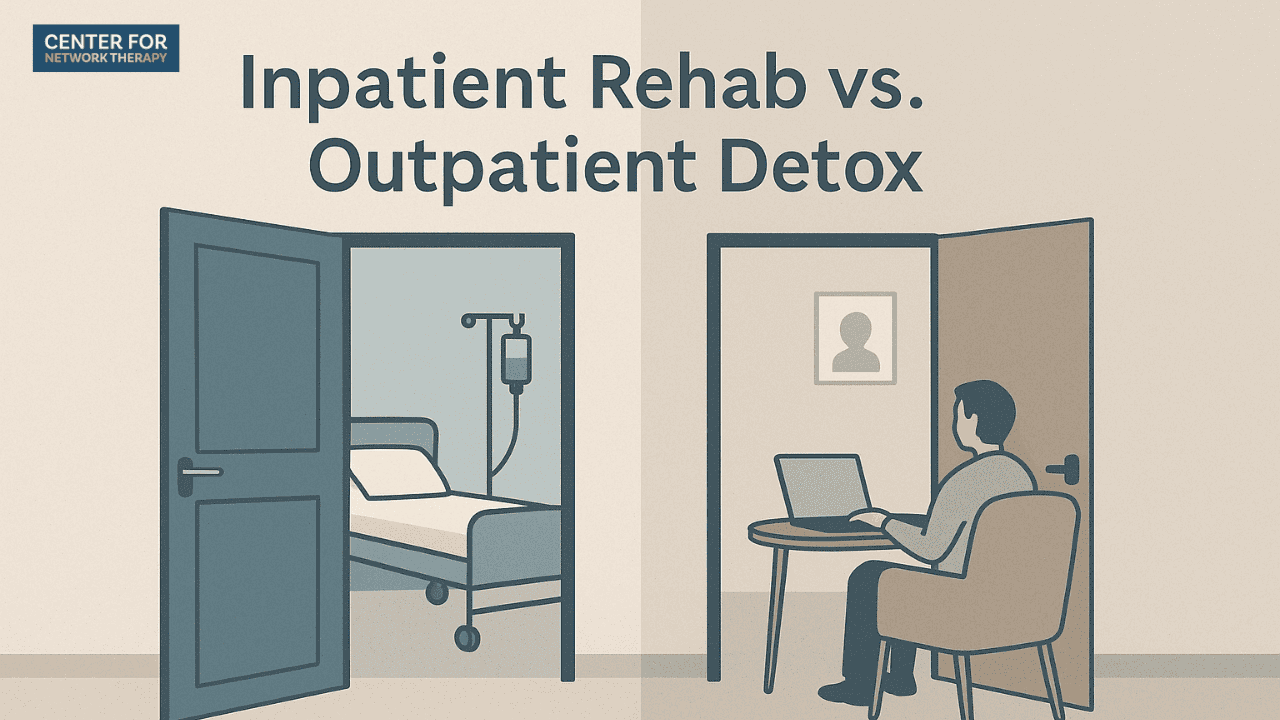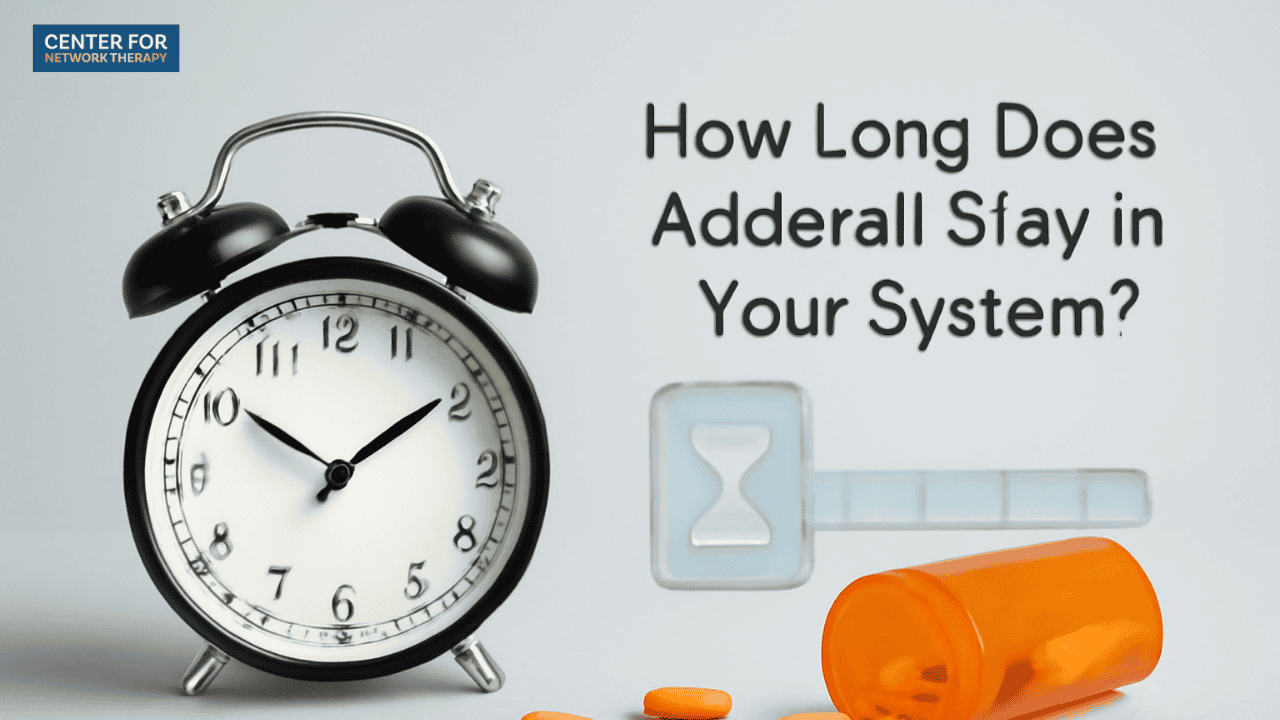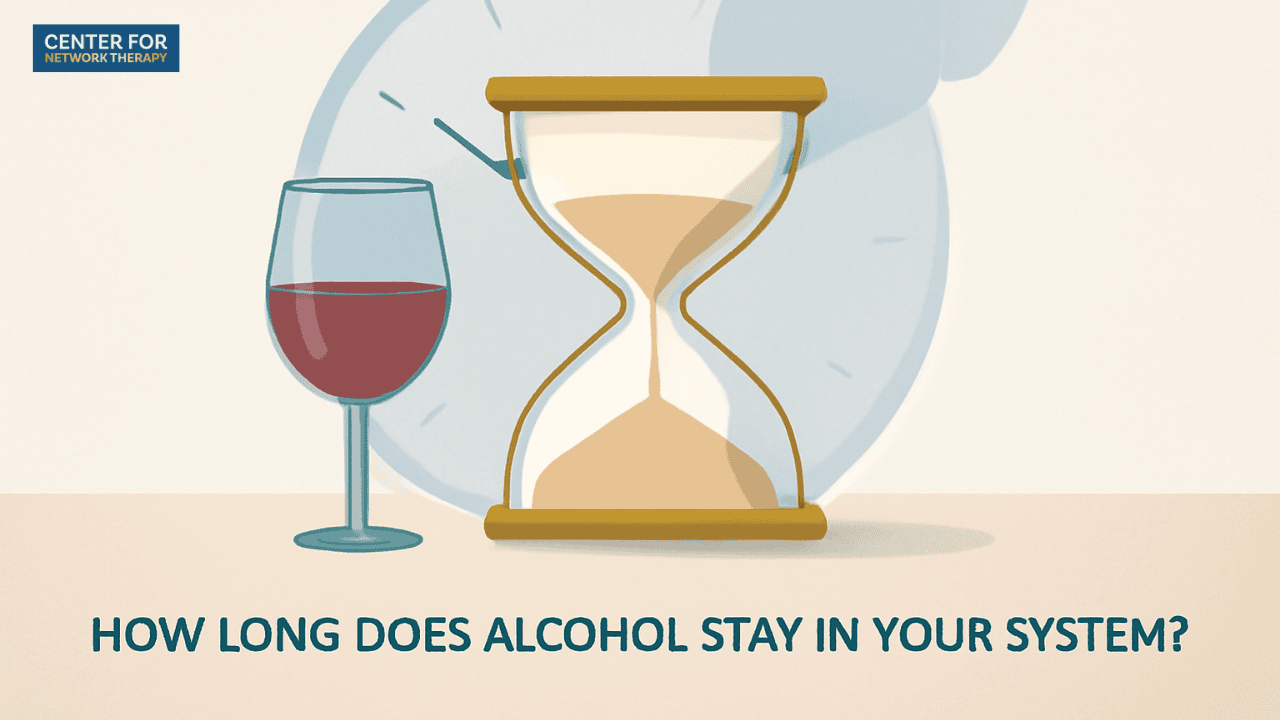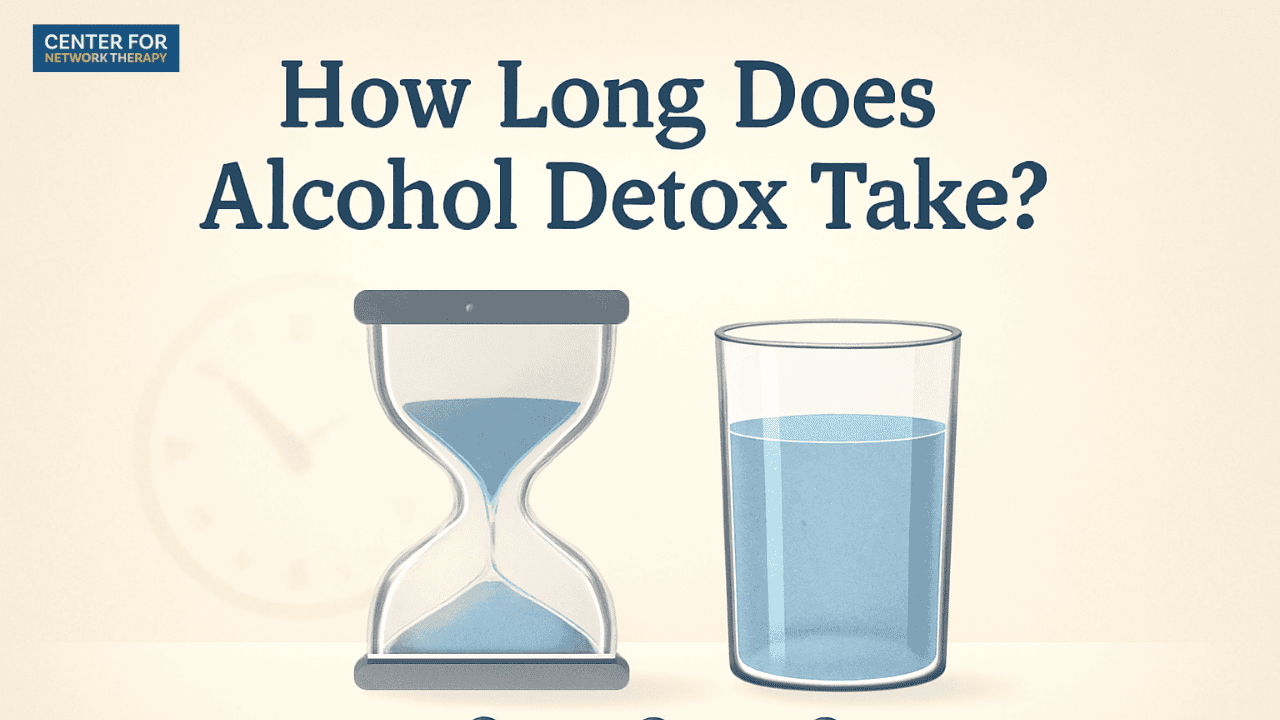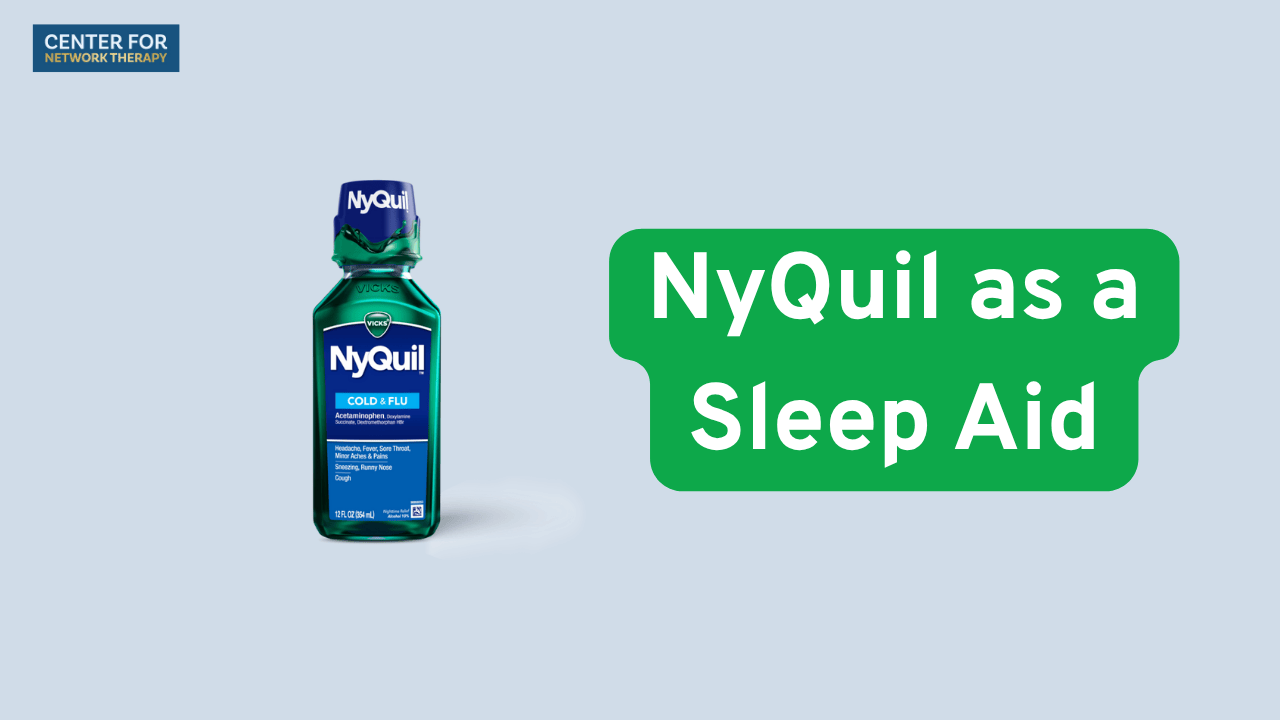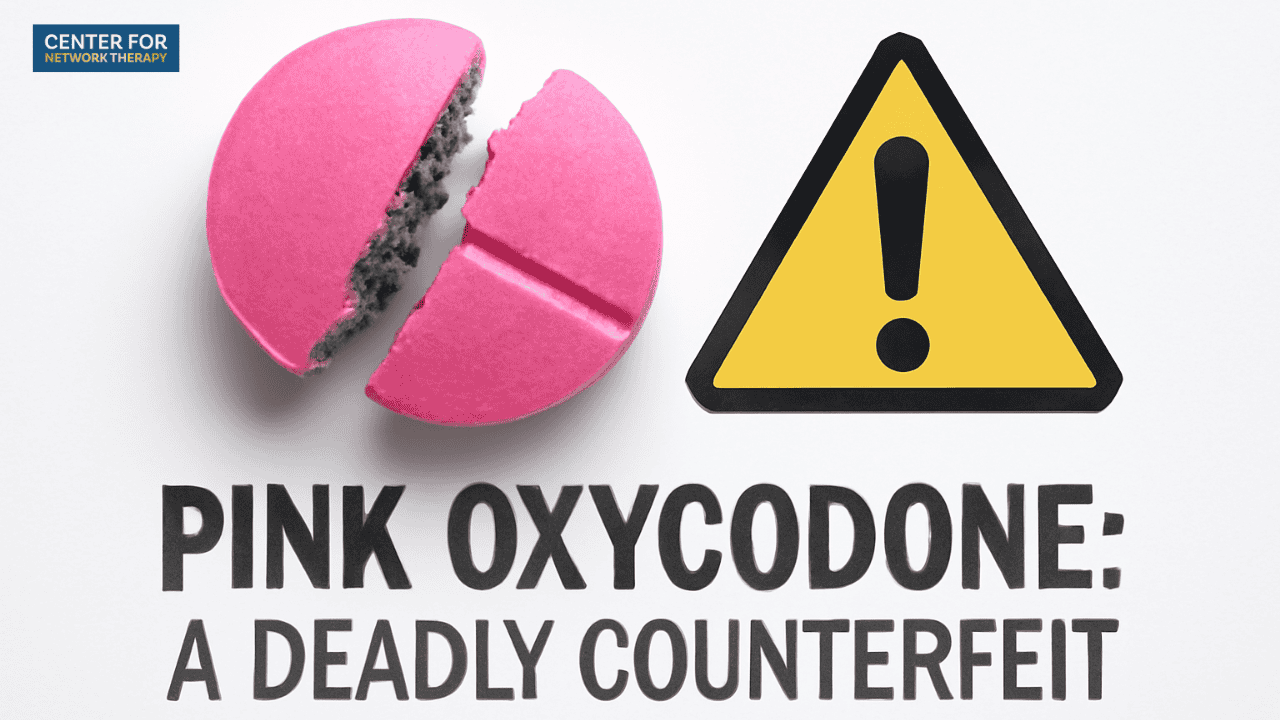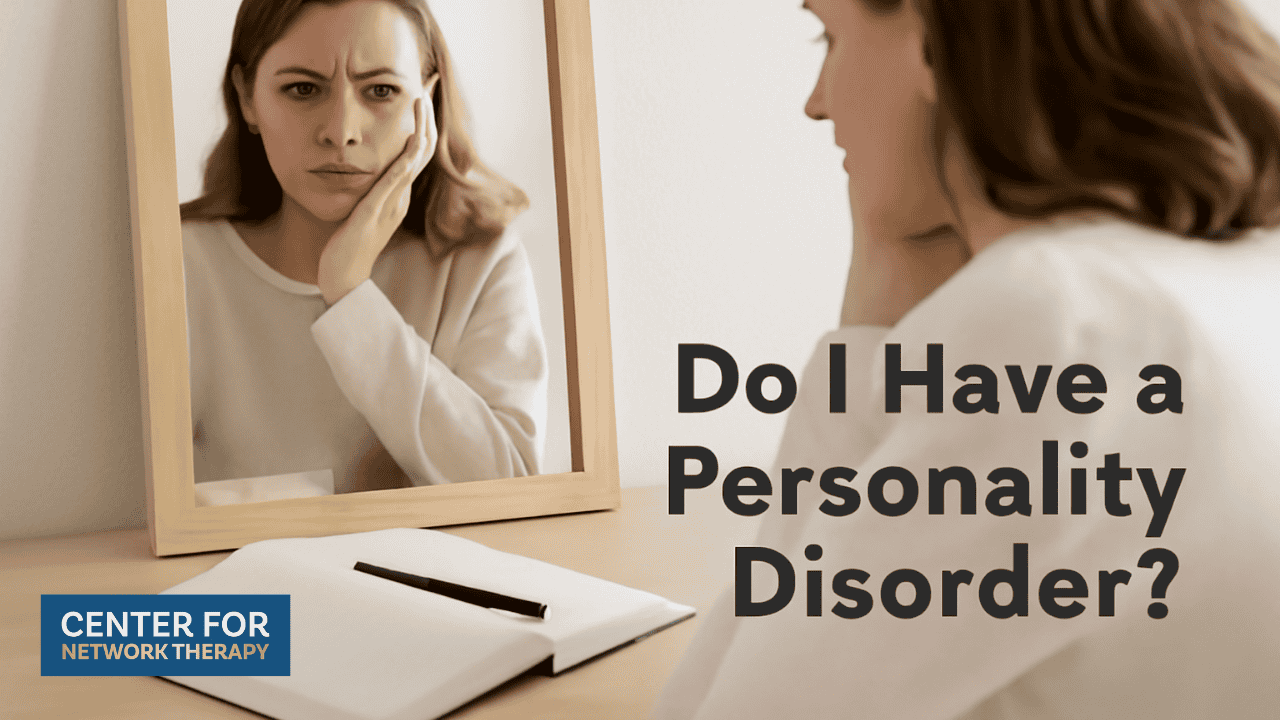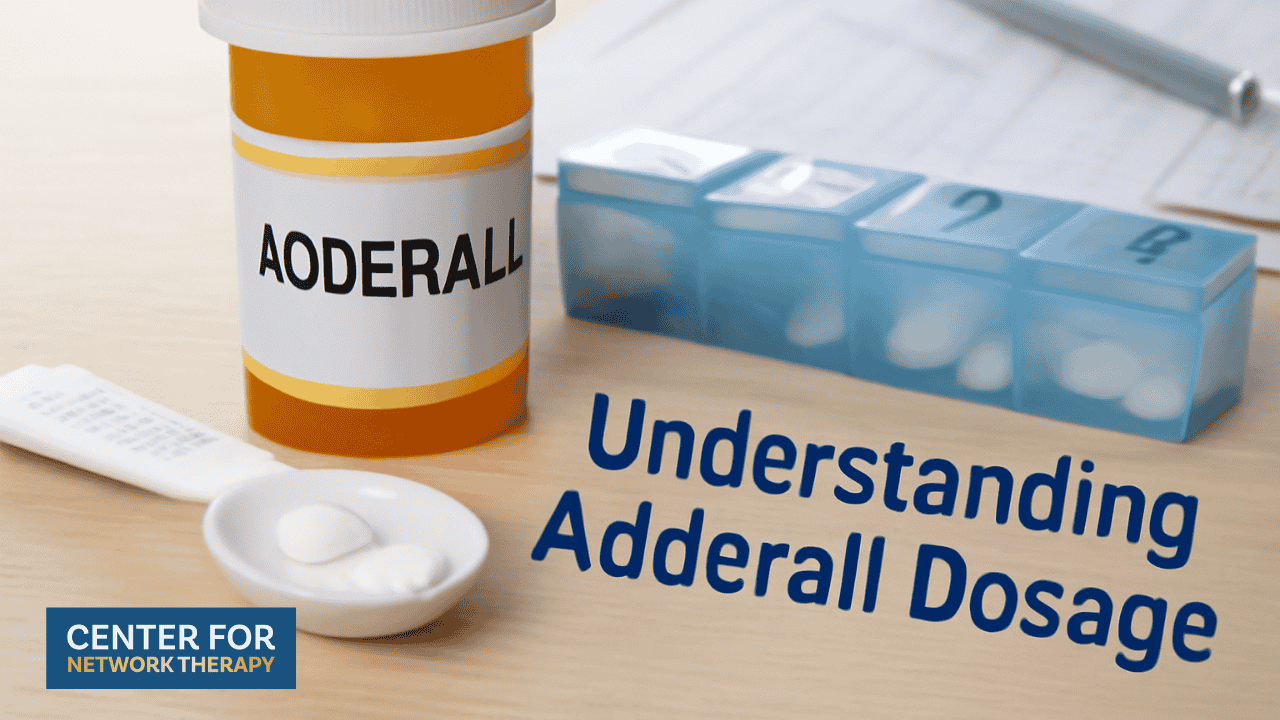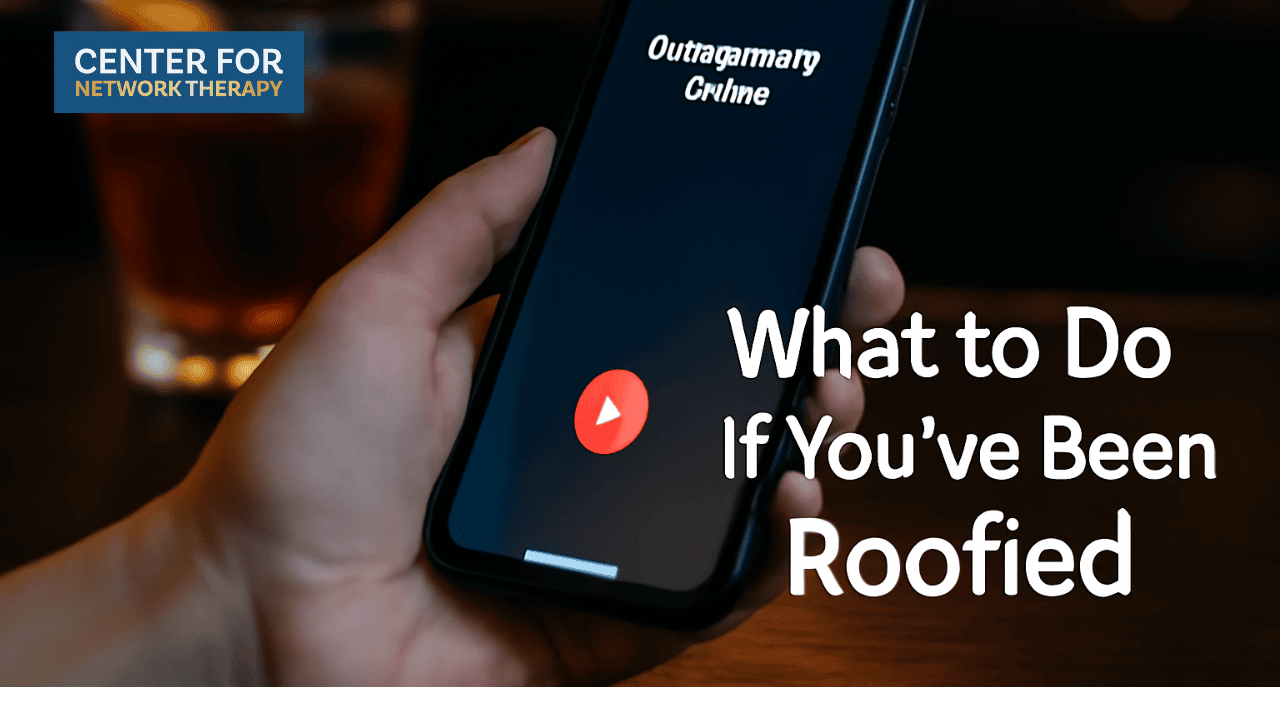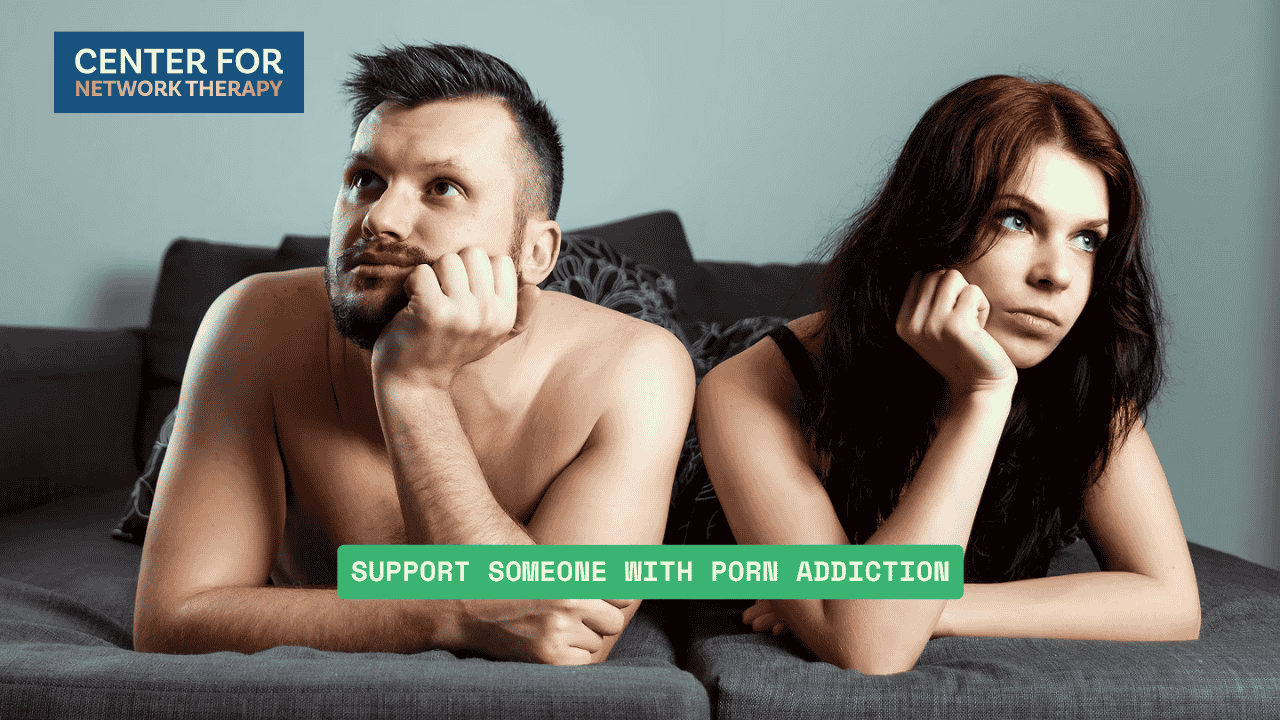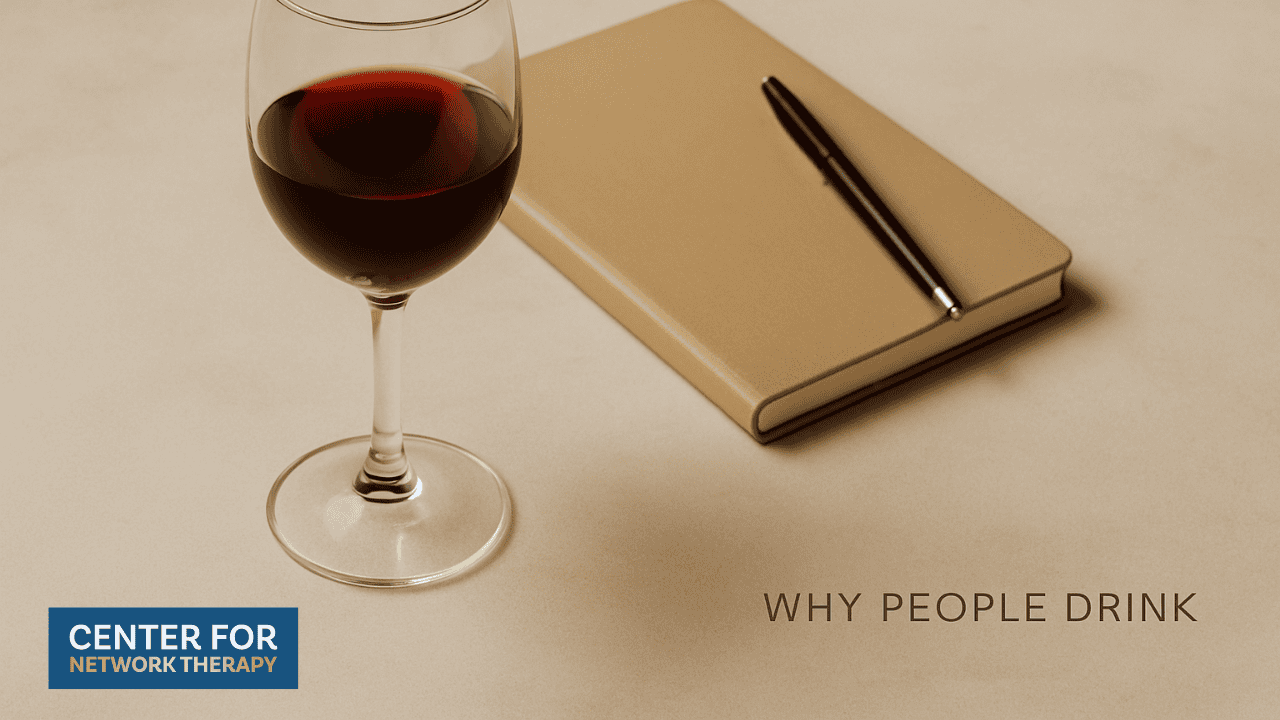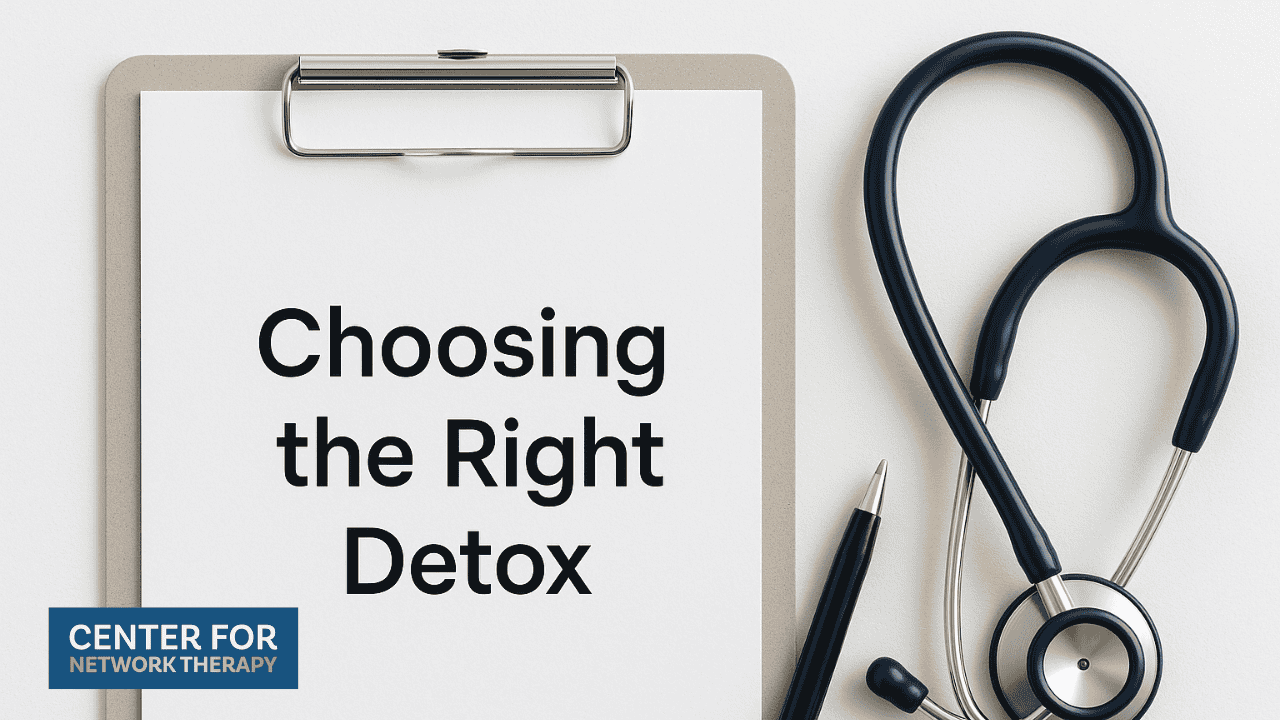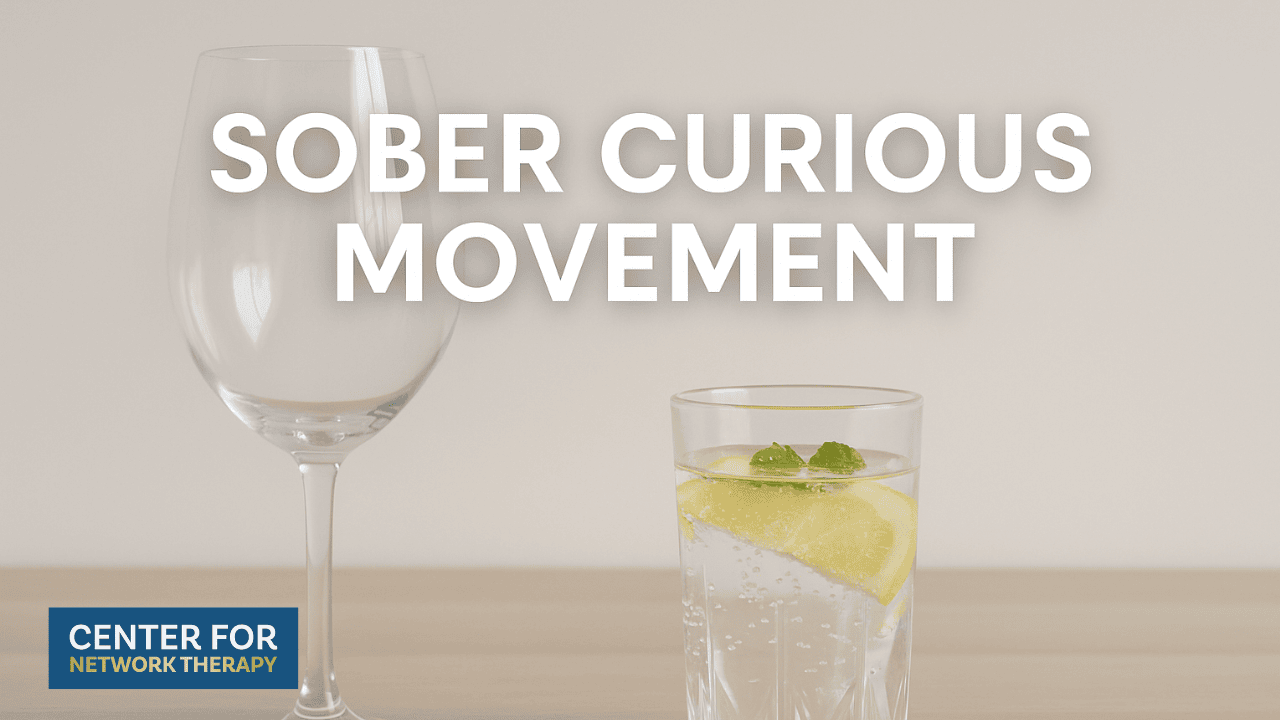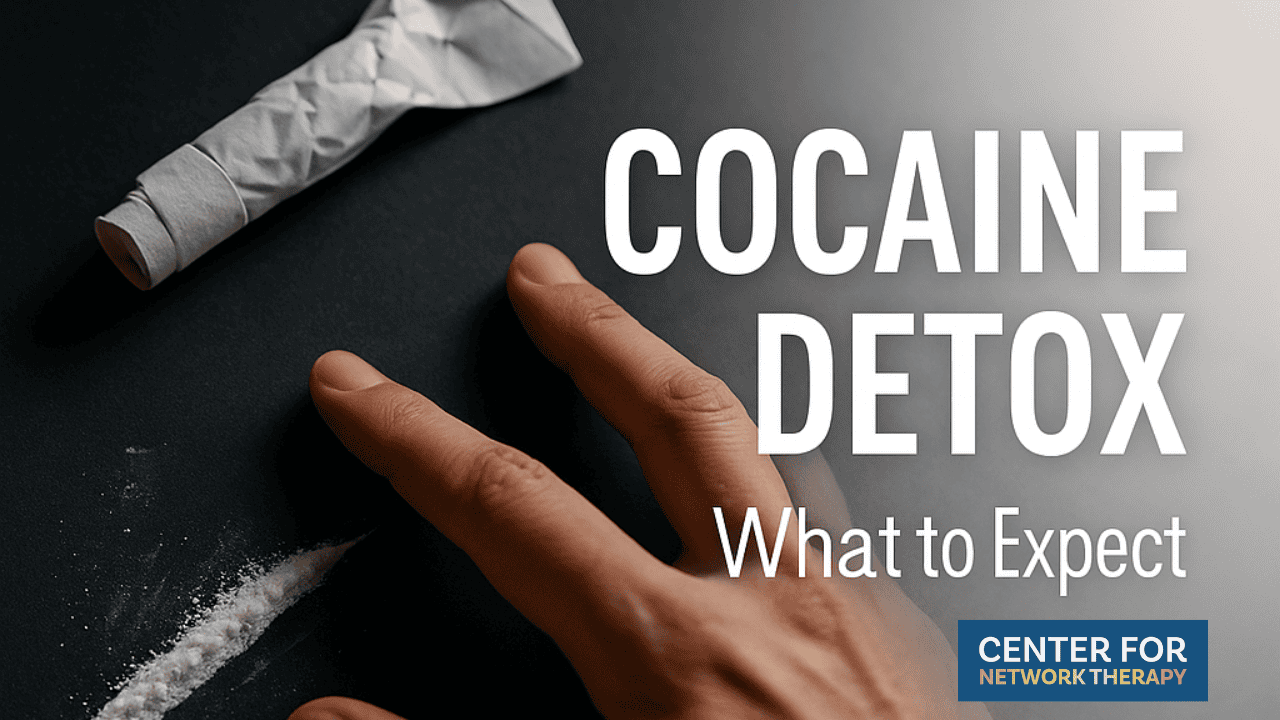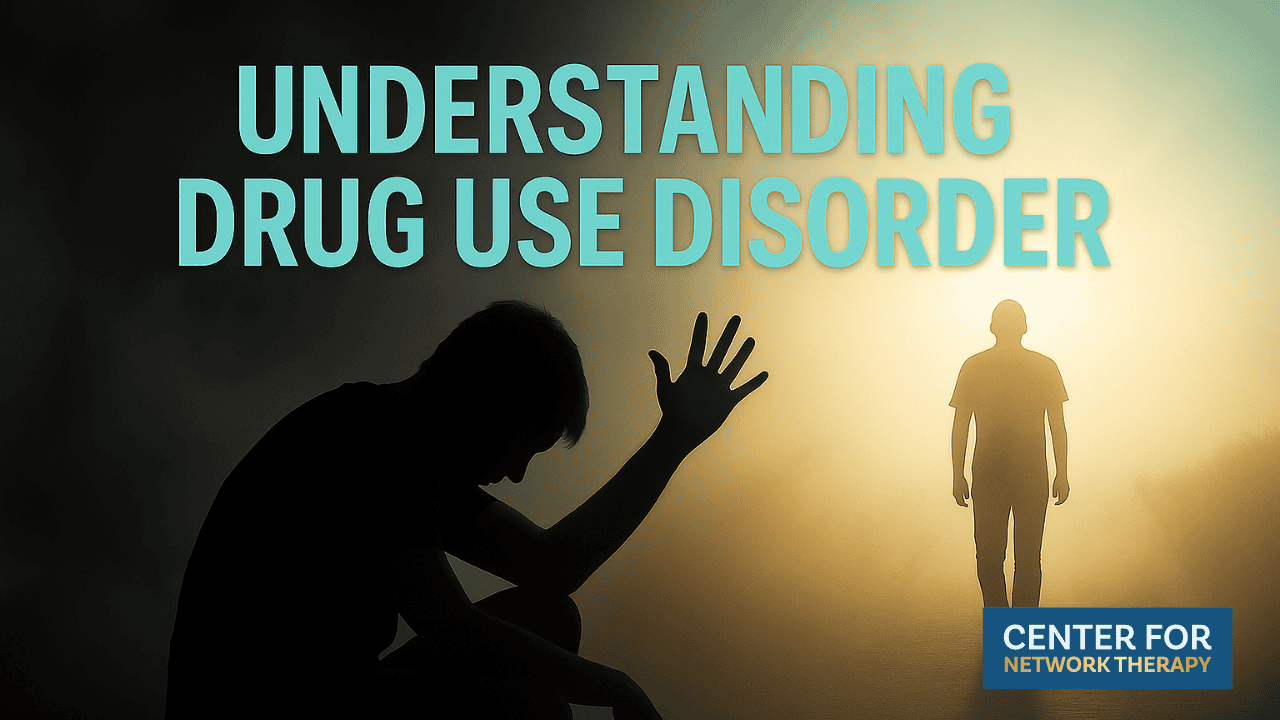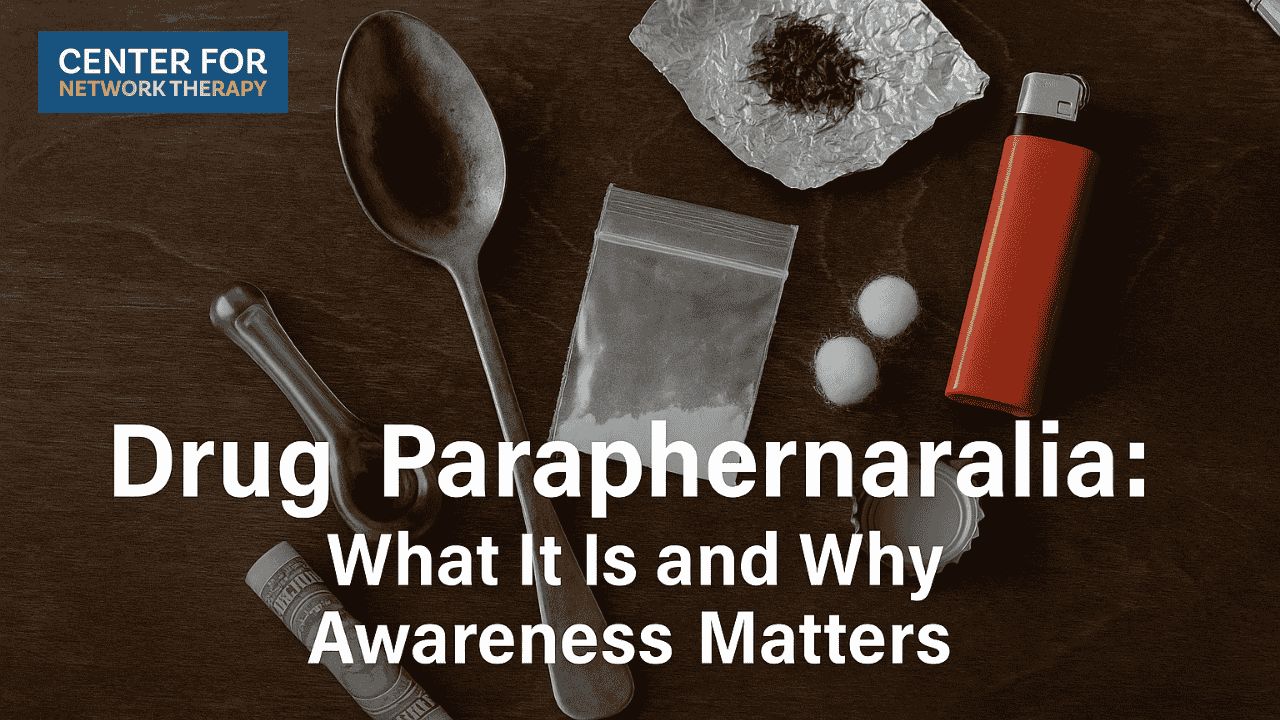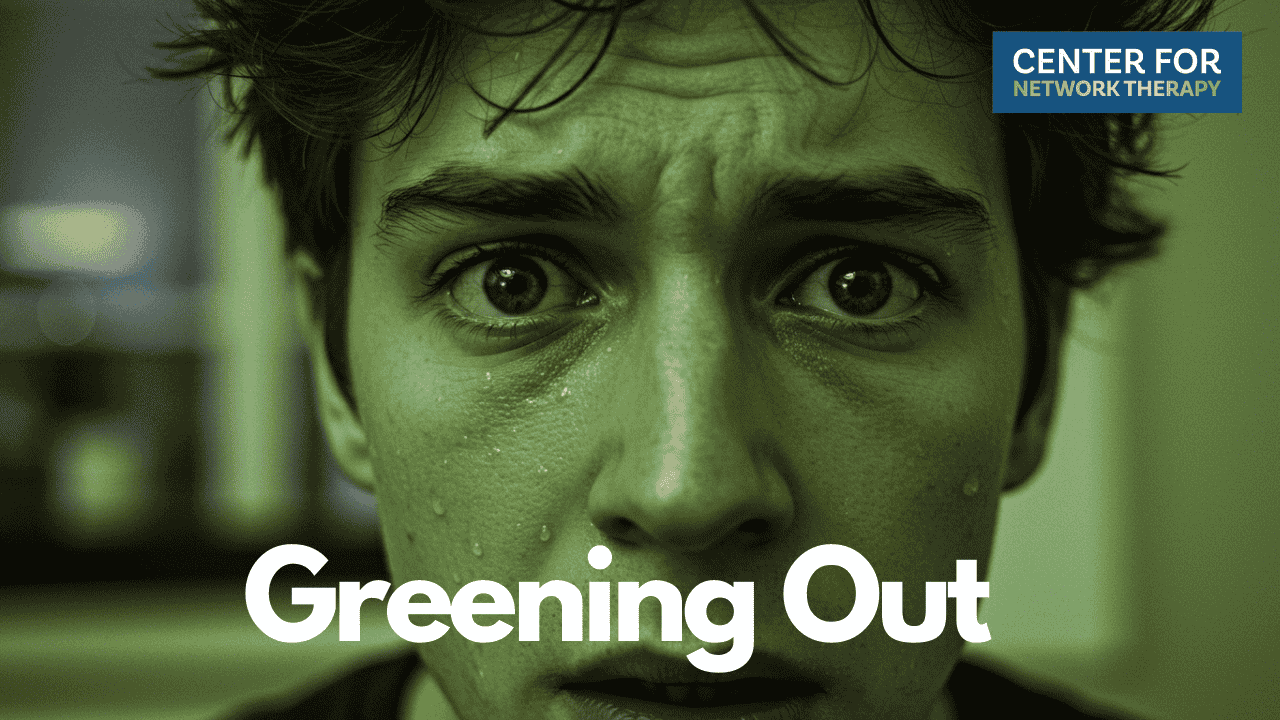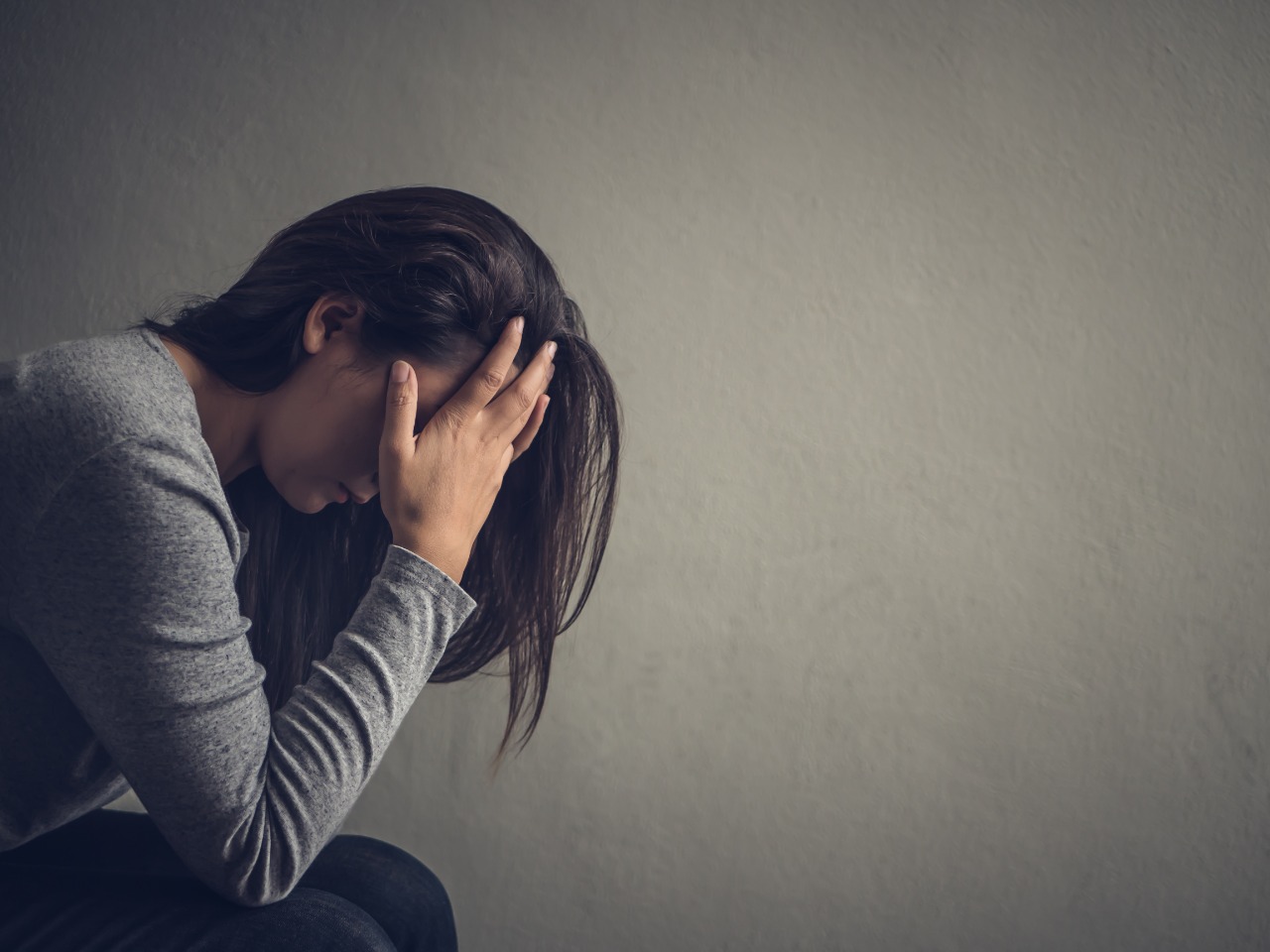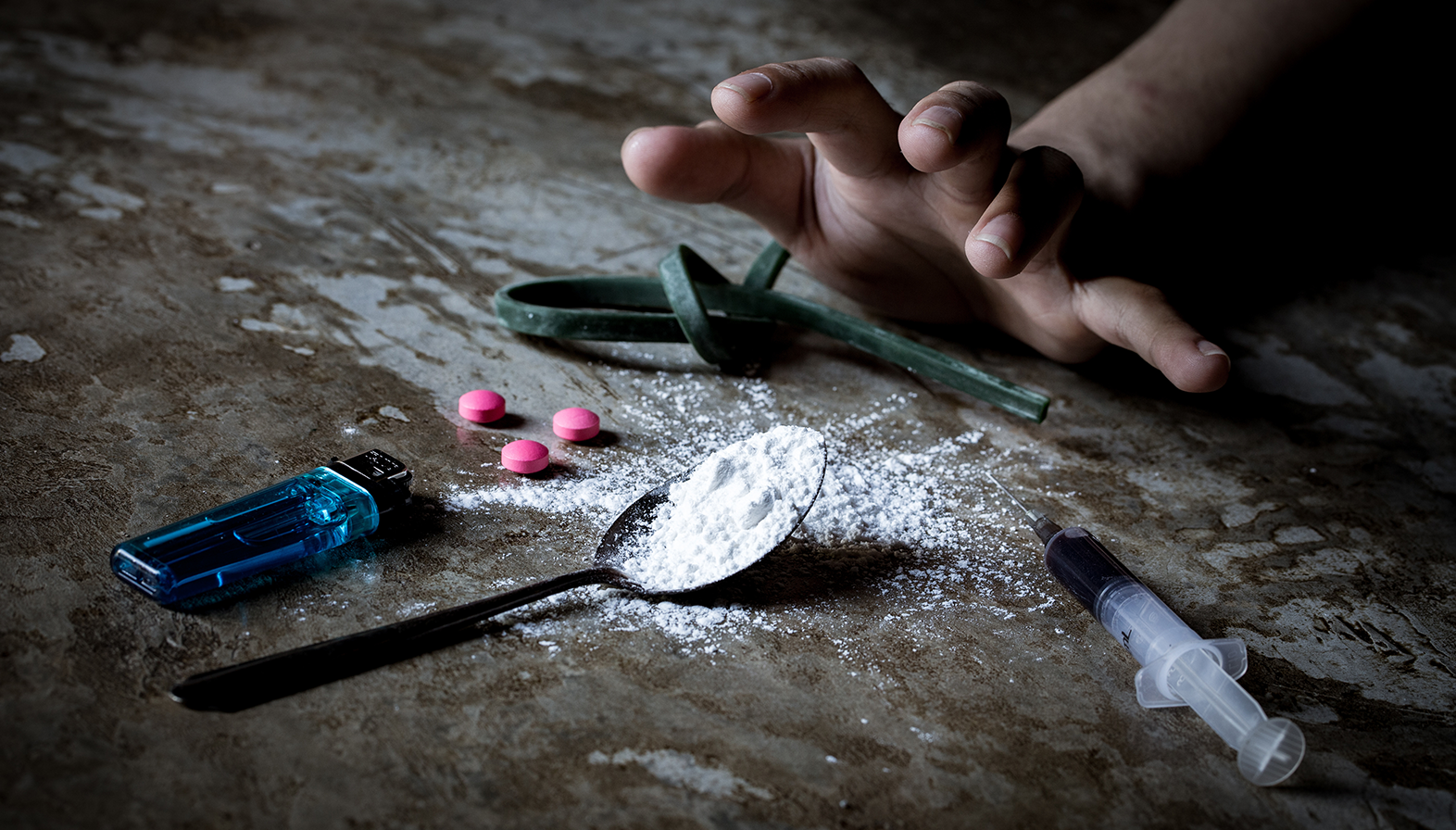Phobias don’t always make sense. They aren’t just fears that can be reasoned with or talked through easily. A phobia is an intense fear that can feel out of proportion to the actual threat, yet it can take over a person’s thoughts, body, and behavior. While some phobias like fear of heights or spiders are widely understood, others seem more unusual.
But “weird” doesn’t mean rare or silly. In fact, some lesser-known phobias affect more people than you might expect. And every phobia, no matter how specific or unique, deserves compassion and care.
Let’s look at some uncommon phobias and how they impact daily life.
Table of Contents
ToggleWhat Is a Phobia, Really?
A phobia is a type of anxiety disorder that causes an intense fear of something that poses little or no actual danger. The fear can lead to avoidance behaviors, physical symptoms like sweating or nausea, and a lot of emotional distress.
Phobias can develop from a specific experience, trauma, or even from learned behavior growing up. For some, they show up in childhood and stay into adulthood. For others, they appear unexpectedly later in life.
Uncommon but Real: A Few Unique Phobias
Here are some lesser-known phobias that are more real than they might sound at first glance:
- Ablutophobia: Fear of bathing or washing. Often linked to early negative experiences with water or cleanliness.
- Trypophobia: Discomfort or fear triggered by clusters of small holes or bumps. Think lotus seed pods or honeycombs.
- Nomophobia: Fear of being without a mobile phone. In today’s connected world, this can lead to real anxiety for many.
- Chaetophobia: Fear of hair. This can include one’s own hair, other people’s hair, or even loose strands.
- Pogonophobia: Fear of beards. While uncommon, it can cause genuine distress in social situations.
- Ergophobia: Fear of work or the workplace. Sometimes tied to performance anxiety or past workplace trauma.
These phobias might seem quirky, but they can seriously disrupt daily life, relationships, and self-esteem. And they often go undiscussed because people feel embarrassed to talk about them.
What Causes Phobias?
Phobias can stem from:
- A traumatic experience
- Learned behavior from family or environment
- Brain chemistry and genetic factors
No matter the cause, the effects are very real. Avoidance becomes a coping strategy, which can reinforce the fear over time.
What It Feels Like to Live with a Phobia?
Living with a phobia isn’t just about the moment of fear. It often involves the anticipation of fear, planning around the object or situation, and feeling misunderstood or isolated.
People might:
- Avoid certain places or events
- Experience panic attacks
- Feel shame about their reactions
- Struggle to explain what they’re going through
The emotional toll can be significant, even if the phobia seems “small” to others.
Can Phobias Be Treated?
Yes. Phobias respond well to therapy, especially approaches like cognitive behavioral therapy (CBT), exposure therapy, and sometimes medication for anxiety.
It starts with recognizing that your fear is valid and that help is available. You don’t have to live around your fear forever. In our blog on recognizing substance and mental health issues, we explore how conditions like anxiety can overlap with behavioral or substance-related challenges.
When to Reach Out for Help?
If fear is interfering with your ability to live fully, it’s okay to ask for support. You don’t need to have all the answers. What matters is that you’re ready to take even a small step toward understanding and healing.
CNT’s focus is outpatient care for substance use disorders, but we understand that phobias and anxiety can exist alongside addiction or complicate recovery. If you’re unsure where to start, visit our Contact Page or explore more resources in our Blog Center.
Sources:
- Mayo Clinic: Phobias
- Cleveland Clinic: Specific Phobias
- American Psychological Association: Phobias and Anxiety
Disclaimer: This blog is meant to offer guidance and education, not medical advice. If you’re feeling uncertain about your relationship with substances, you don’t have to figure it out alone. A healthcare provider can help; or if you’re not ready to talk, our anonymous self-check quiz is a gentle place to begin




